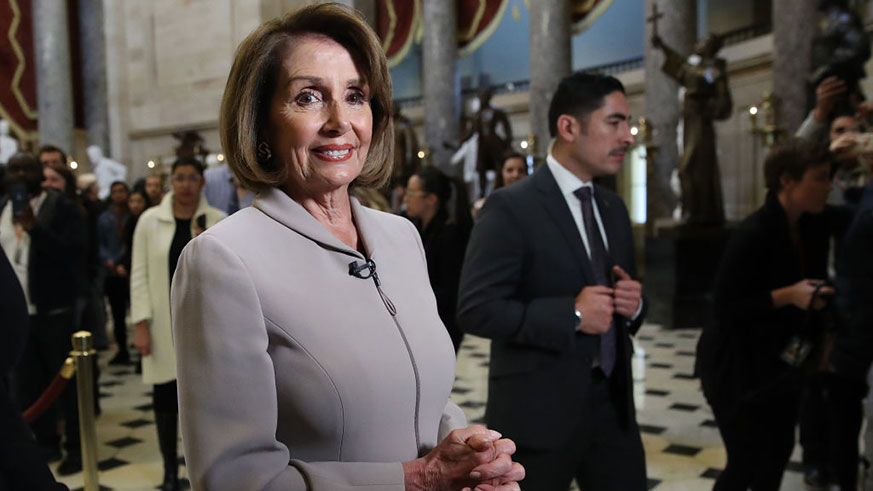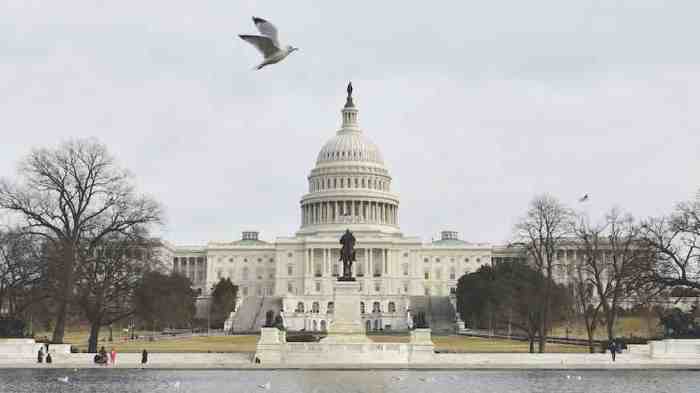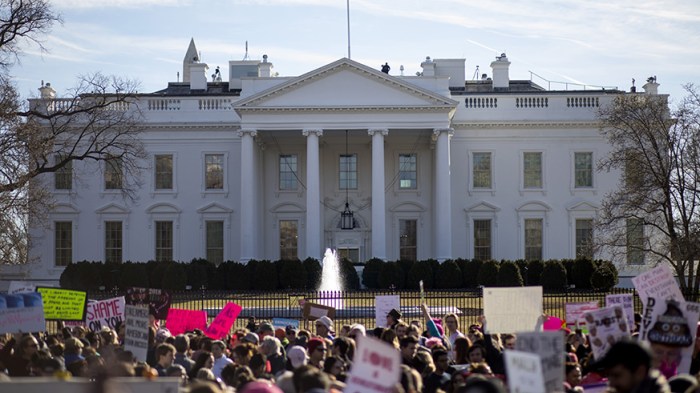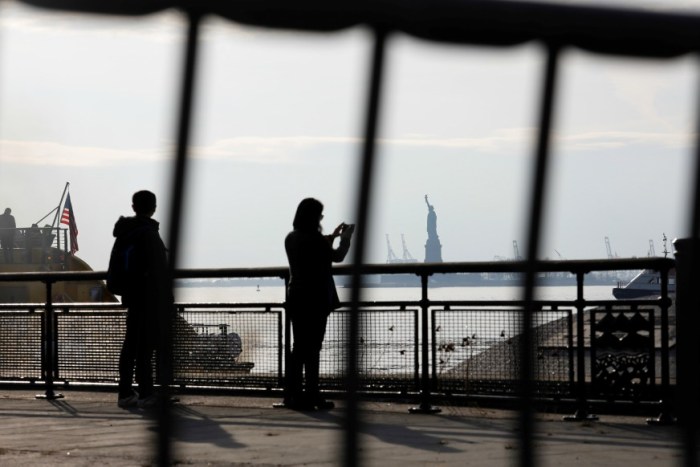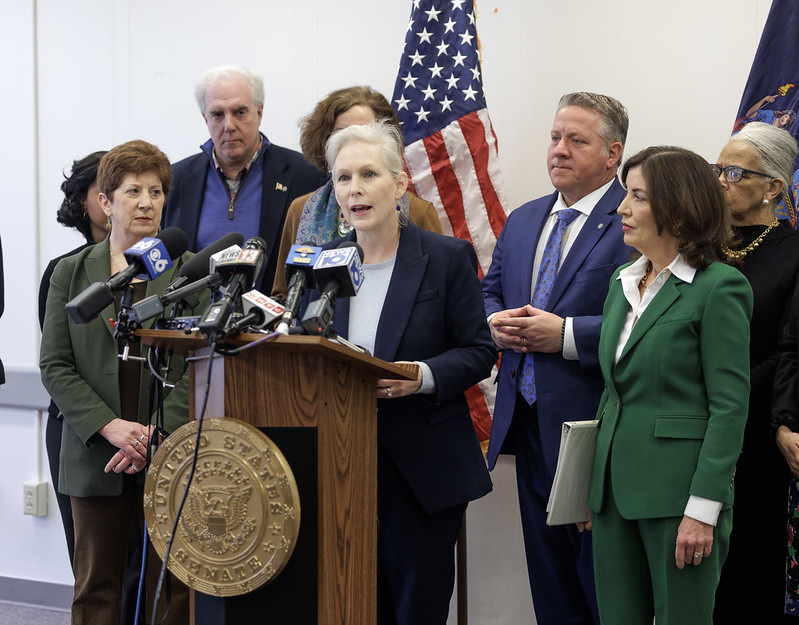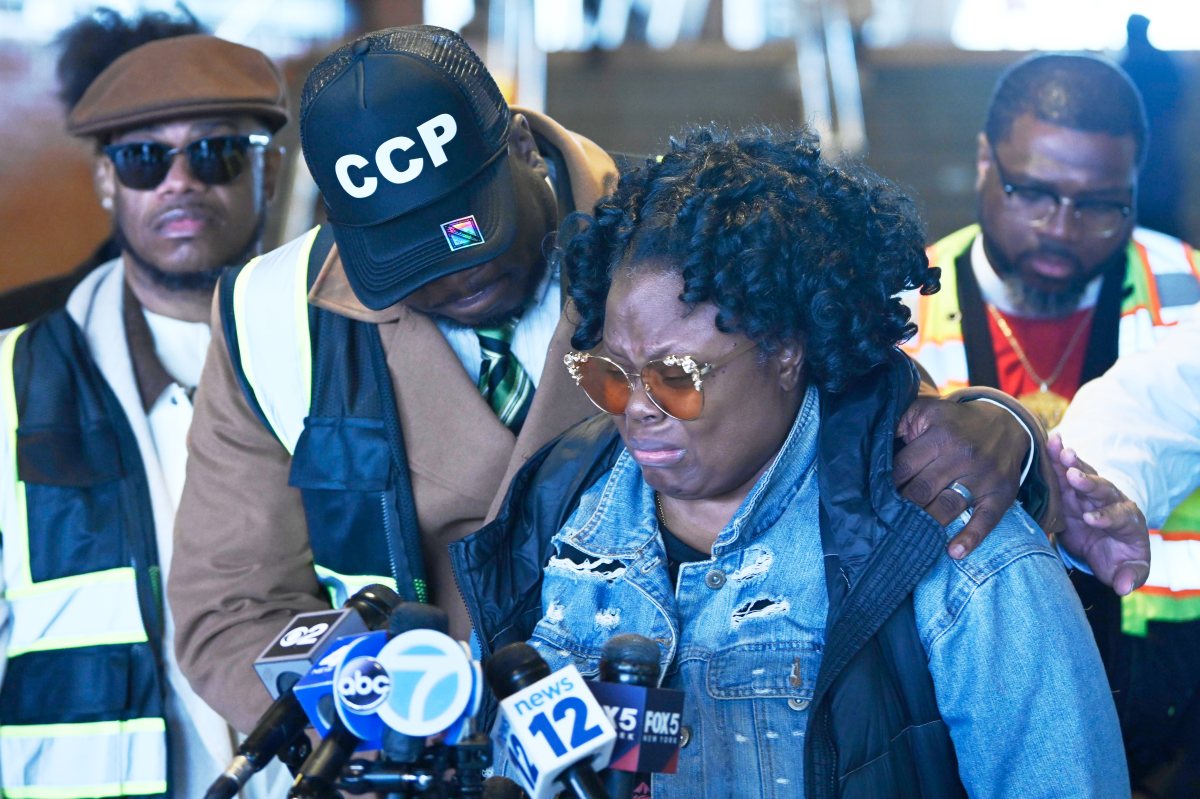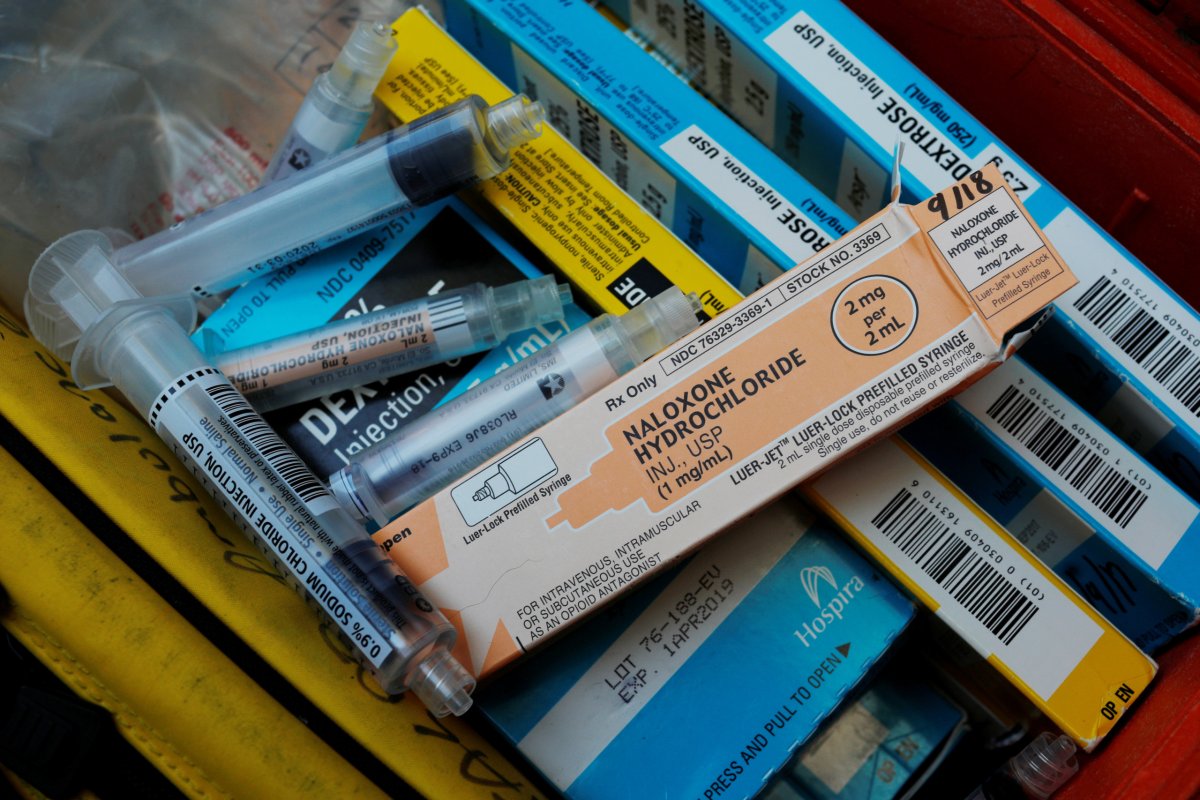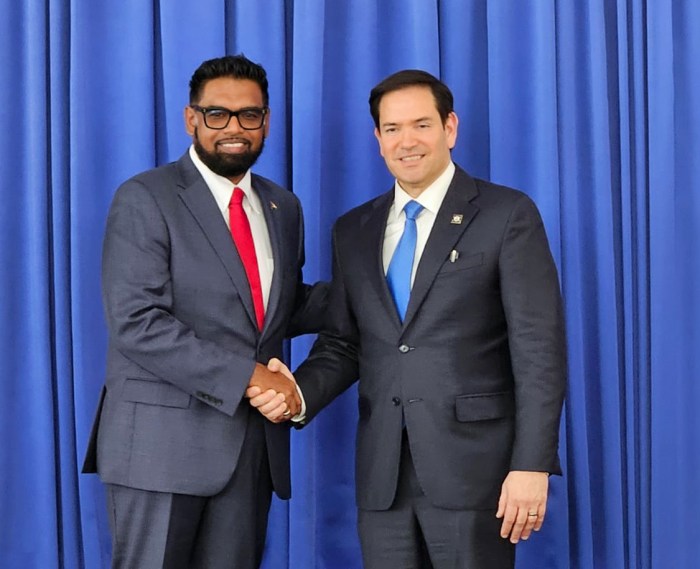More American voters trust House Speaker Nancy Pelosi than President Trump to handle their major concerns, a new Quinnipiac poll has found.
Asked which leader was more trustworthy “on issues that are important to you,” 49 percent of respondents said Pelosi; 42 percent said Trump. The results were sharply partisan — 88 percent of Republicans were with Trump, while 91 percent of Democrats were with Pelosi — and there was a gender gap: men favored Trump by six points, but Pelosi bested Trump among women by 14 points.
But in a potentially troublesome sign for the 2020 elections, independent voters picked Pelosi by 13 points: 49 percent to 36 percent for Trump.
The poll came after a monthlong government shutdown that has been bruising for Trump. Before Christmas, he refused to sign a continuing resolution to keep the government open until February unless it contained funding for his favored border wall. After nearly 800,000 federal workers missed nearly two paychecks, Trump relented, agreeing to open the government for three weeks without concessions for the wall, which Pelosi called “an immorality” for which she would not approve one dollar in funding.
The poll, released Tuesday, had more bad news for Trump. He has a 38 percent approval rating, down from 41 percent two weeks ago. Fifty-six percent of voters blame him and Republicans for the government shutdown, while 34 percent blamed the Democrats in Congress.
On the issue of border security, voters said they trusted the Democrats in Congress more than Trump, 50 percent to 41 percent. Asked whether they supported a border wall, 55 percent said no, 41 percent said yes.
And in stark contrast to Trump’s hardline stances on immigration — from the Muslim ban to forced child separations at the Mexico border — 75 percent of voters said immigration is a good thing for the country, while only 14 percent said it was a bad thing.
Voters also rebuffed Trump’s ban on transgender servicemembers: 70 percent said that transgender people should be allowed to serve in the military, while only 22 percent said they shouldn’t.

